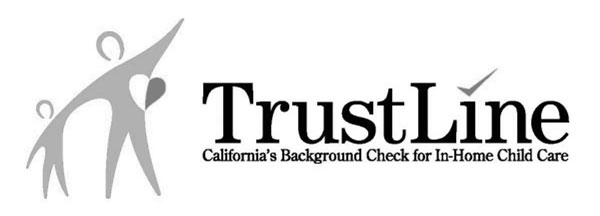In today’s digital age, the internet has revolutionized our search for employment opportunities. Job seekers can connect instantly with potential employers and agencies, making the process more convenient. However, along with these benefits come certain risks. A recent experience with a new candidate falling victim to an online impersonation scam is a cautionary tale for all of us.
The Temptation of Easy Employment
Imagine receiving an email or private message from a potential employer claiming they want to hire you without interviewing or meeting you. It sounds too good to be true. Unfortunately, it was in the case of our candidate, who willingly responded with her personal information. The scammer obtained enough information from WhatsApp to open a credit card in our candidate’s name. This incident reminds us to remain vigilant and skeptical of “too good to be true” offers.
Recognizing the Warning Signs
Fraudulent impersonators often use tactics to exploit job seekers’ vulnerability and eagerness to secure employment. Some common red flags include:
- Unsolicited job offers: Receiving an unexpected job offer without having undergone an interview or selection process should raise suspicion.
- Request for personal information upfront: Legitimate employers and agencies typically request background information and authentication details only after an interview or a trial period.
- Poor communication channels: Scammers often use platforms like WhatsApp, Facebook comments/Messenger, or personal email addresses instead of official company channels.
- Unprofessional emails or documents: Spelling and grammatical errors, generic templates, or unprofessional language in emails or documents can indicate a fraudulent operation.
Protecting Yourself
Now that we know what to watch out for let’s discuss some essential steps to protect yourself from falling victim to job scams:
- Research the employer or agency: Conduct thorough research on the employer or agency offering the job before providing any personal information. Check their website, online reviews, and professional networking platforms for legitimacy.
- Verify the email domain: Attention the email address from which the job offer originates. Legitimate companies usually have professional email domains (e.g., Starla@householdstaffing.com), while scammers may use free email services or variations of well-known domains.
- Use official communication channels: Whenever possible, communicate through official channels provided by the employer or agency. Be cautious of requests to switch to personal messaging apps or email addresses.
- Trust your instincts: If something feels off or seems too good to be true, trust your gut. Take the time to evaluate the situation and ask for advice from trusted friends, family, or mentors.
- Guard your personal information: Never share personal information such as social security numbers or copies of identification documents unless you are confident in the legitimacy of the employer or agency.
- Never pay “fees” to apply for open positions: Reputable employers and agencies do not charge candidates fees to submit resumes or to be considered for placement.
In the digital age, exercising caution and being vigilant when sharing personal information online is crucial. Scammers are always finding new ways to take advantage of unsuspecting individuals. Still, by recognizing the warning signs and following the steps outlined here, you can better protect yourself from becoming a victim of job scams. Remember, a reputable employer or agency will never ask for personal information or demand fees before conducting an interview or meeting in person.
Stay safe, and may your job search be fruitful and scam-free!







